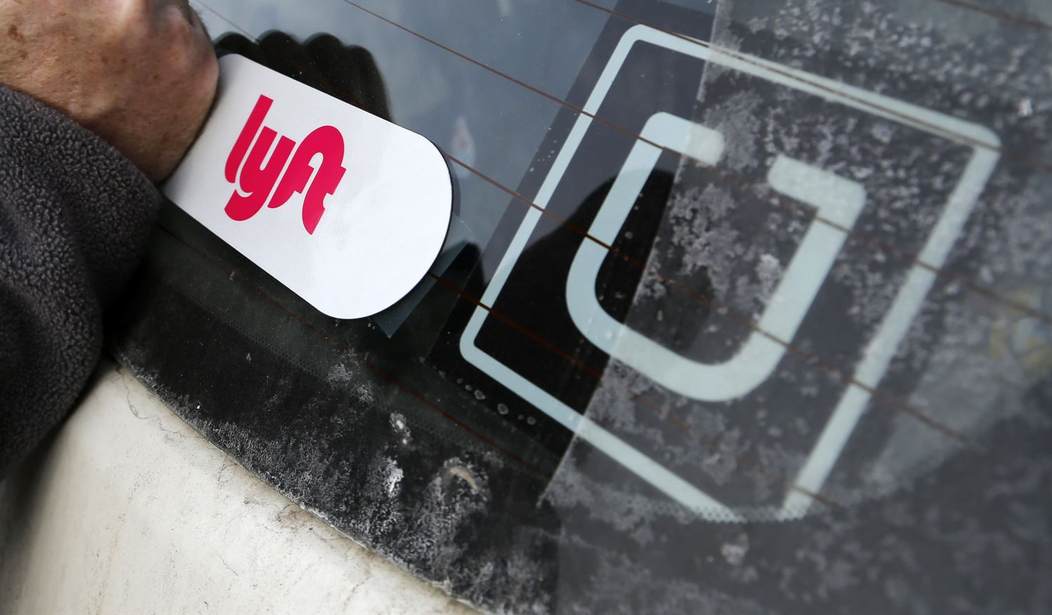The etymology of the word “gig” is shrouded in mystery, but today it has a definite meaning. Getting a gig means that one has accepted or contracted for a temporary position or project for pay. According to Inc., 35 percent of the US workforce currently works in the gig economy with that number expected to rise to over 40 percent in 2020. Many perform temporary or project work in their spare time when not working their full-time job, while others cobble together enough work to make a living.
Most associate gig work with Uber and Lyft. The field, however, encompasses a broad range of opportunities, many of them involving advanced technology, programming, content writing, transcription, and other fields.
Obviously, companies see the benefit in farming work out to independent contractors who need little training, have no company paid benefits, and can get cut off for any time and for any reason. Many wonder if the gig economy exploits vulnerable workers or liberates them from normal constraints of traditional employment?
Opponents of gig work emphasize that it serves as an easy, but the exploitative path to work. Side jobs and temporary work have always supplemented full-time work or even provided an alternative to steady employment. The digital age makes it easier than ever to market skills around the world, typically for low pay.
Kathy Millard in Talking Points Memo blames modern capitalism for problems she experienced, saying it’s “hard to get off of the bottom rung.” Millard tried supporting her family with money earned from Amazon’s Mechanical Turk service that connects workers having a wide range of skills with companies looking for service.
Phys.org reports that the gig economy takes a toll on some. An Oxford University study found that many worked long and irregular hours, leading to exhaustion and other health problems. The study also blamed competitive ranking systems ranking workers on their merit as rated by clients. More capable workers received better and higher paying work. Lesser workers had to put in more hours to earn the same as those who found more success.
Recommended
Conversely, many see the explosion of gig work as a blessing for business, for workers, and for the economy as a whole. Workers have the freedom to sell skills on their own terms while the market has better access to less expensive services.
According to James Sherk, a research fellow at the Heritage Foundation, gig work allows more access for those who value control over their employment. As Sherk explains, “While most workers prefer regular 9-to-5 jobs with benefits, a substantial minority value flexibility more. The gig economy attracts these workers and meets their needs.”
Opponents objections often serve as positives to proponents. According to an internal Uber study, three-fourths preferred working as their own boss and valued the flexibility that came with working when they wanted. Most claimed that working for Uber “has increased their incomes, their financial security, and their quality of life.”
While most people still prefer the security that comes with full-time traditional work, a substantial minority work better independently. Gig work can open the door to entrepreneurship. Workers can give an application of their skills a trial run before diving entirely into running their own business full time. This provides an opportunity to develop skills, create a body of work, and make an educated decision as to whether or not to make a serious pursuit of establishing a business. It also helps employers who use gig work to try people out before offering employment.
Statistics show that two-thirds of freelance workers entered through their own choice, not because they had no choice. Four out of five report that they prefer it to work a traditional job.
Most objections come hand in hand with calls to tighten labor regulations. Objectors prefer to regulate the gig economy through redefining it as traditional employment, putting the paperwork and taxation burdens back onto the companies. Most often, they bring up individuals who grew over-reliant on gig work, expecting the security of a full-time job while appreciating the flexibility of independent contracting.
For many, the competitive rankings that provide better work for higher pay to those who perform services as part of the appeal as opposed to a problem. Independent-minded workers welcome a system that rewards better work with better pay and assignments. If they do not produce or perform well at a certain task or for a certain company, many other opportunities abound.
Gig work functions best as a complement to steady employment from someone in the household, at least in the beginning. No responsible person ever advised that anyone jump entirely into gig work while lacking a plan to handle health insurance, taxation, or the problem of sometimes inconsistent pay schedules.
When people cultivate gig work, it opens the door to small business development by acting almost like a business incubator. Those who see gig workers as a threat to small business fail to recognize that they are small businesses that have the capacity to grow and develop, given the right conditions and the desire to make it happen.
Certainly, gig work requires a type of discipline, planning, and effort that traditional employment does not require. It allows the market to access goods and services at less expense while granting the ability of workers to enjoy independence from bosses and corporate work. Most importantly, it removes barriers to entry to those who might otherwise hesitate to engage in entrepreneurship.
Gig work may have a new look in the digital age, but it derives from centuries-old American traditions of independence and entrepreneurship. Some work better independently and for themselves. Gig work provides an opportunity for the substantial minority who work best in this fashion to thrive. Despite those who take missteps in its pursuit, it represents a strong and positive development for the overall economy as opportunities continue to expand.

























Join the conversation as a VIP Member